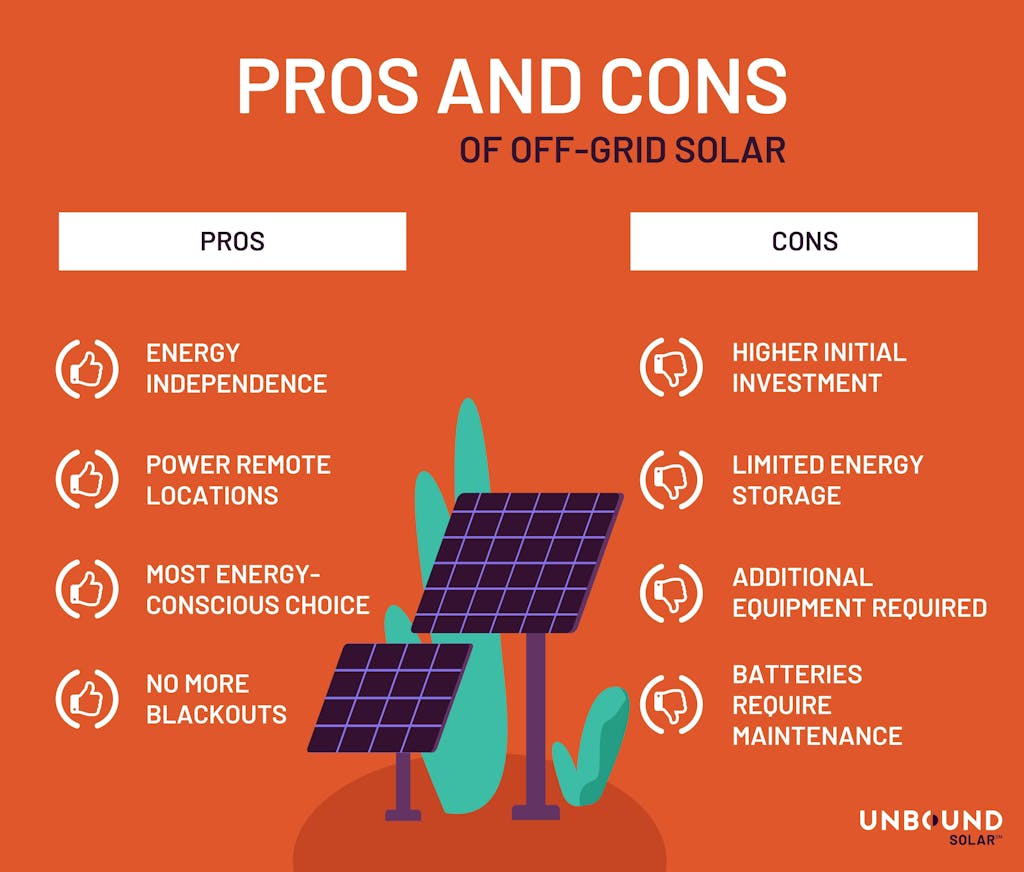
Embracing Sustainable Independence: Off-Grid Living Benefit
Living off-grid offers a unique lifestyle that prioritizes self-sufficiency and sustainability. In this article, we explore the numerous benefits of off-grid living, from reduced environmental impact to increased resilience in the face of uncertainties.
Energy Independence through Renewable Sources
One of the primary advantages of off-grid living is achieving energy independence through renewable sources. Off-grid homes typically rely on solar panels, wind turbines, or micro-hydro systems to generate electricity. This shift away from traditional utility grids not only reduces environmental impact but also ensures a constant and renewable energy supply, regardless of external factors.
Environmental Impact Reduction
Off-grid living significantly minimizes the environmental impact associated with conventional living. By generating electricity from renewable sources, off-grid residents decrease reliance on fossil fuels and contribute to the reduction of carbon emissions. Sustainable practices, such as composting and rainwater harvesting, further lessen the ecological footprint, fostering a more harmonious relationship with the environment.
Water Conservation and Self-Sufficiency
Off-grid living often involves innovative water conservation practices. Residents may employ rainwater harvesting systems, implement water recycling methods, and prioritize low-water-use fixtures. These measures not only conserve water resources but also enhance self-sufficiency, ensuring a stable water supply even in arid conditions or during periods of water scarcity.
Waste Reduction and Responsible Management
Off-grid living encourages a mindful approach to waste reduction and responsible waste management. Composting organic waste, recycling materials, and minimizing single-use items become integral parts of the off-grid lifestyle. This commitment to waste reduction aligns with a broader environmental consciousness and contributes to a cleaner, healthier living environment.
Cost Savings and Financial Freedom
While the initial investment in off-grid systems can be significant, the long-term cost savings are substantial. Off-grid living eliminates monthly utility bills, and the return on investment (ROI) for renewable energy systems becomes evident over time. This financial freedom allows residents to allocate resources to other aspects of their lives, contributing to a more self-determined and resilient lifestyle.
Resilience in the Face of Uncertainties
Off-grid living provides increased resilience in the face of uncertainties, including power outages and disruptions in utility services. With self-sufficient energy and water systems, off-grid homes can maintain essential services even during unforeseen circumstances. This resilience fosters a sense of security and independence, especially in remote or rural locations.
Closer Connection to Nature
Living off-grid often means residing in natural settings, fostering a closer connection to nature. The serene surroundings, access to open spaces, and reduced exposure to urban noise contribute to improved mental well-being. The off-grid lifestyle encourages residents to appreciate and actively engage with the natural world, promoting a more balanced and fulfilling existence.
Customized and Sustainable Home Design
Off-grid homes are often designed with sustainability and efficiency in mind. Passive solar design, energy-efficient insulation, and natural ventilation are common features. This focus on sustainable home design not only enhances the overall environmental performance of the dwelling but also creates a comfortable and eco-friendly living space.
Community Building and Shared Values
Off-grid living communities often form around shared values of sustainability, self-sufficiency, and environmental consciousness. Residents collaborate on sustainable practices, share resources, and create a supportive network. This sense of community fosters a cooperative spirit and allows individuals to learn from each other’s experiences in navigating the challenges and joys of off-grid living.
Educational Opportunities and Lifestyle Choices
Choosing off-grid living offers educational opportunities for residents and those interested in sustainable living. Learning to manage energy production, water systems, and waste responsibly becomes an integral part of the lifestyle. Additionally, off-grid living allows individuals to make intentional lifestyle choices aligned with their values, creating a more deliberate and purposeful existence.
To explore more about the benefits of off-grid living and sustainable lifestyle choices, visit Off-Grid Living Benefit.
